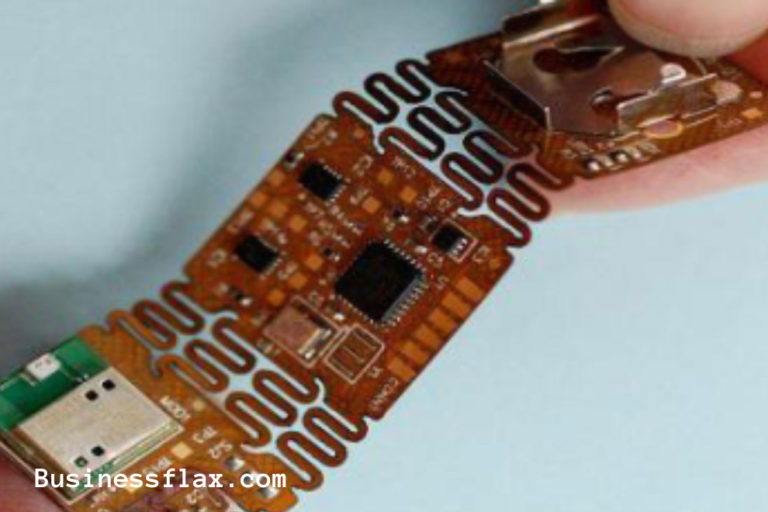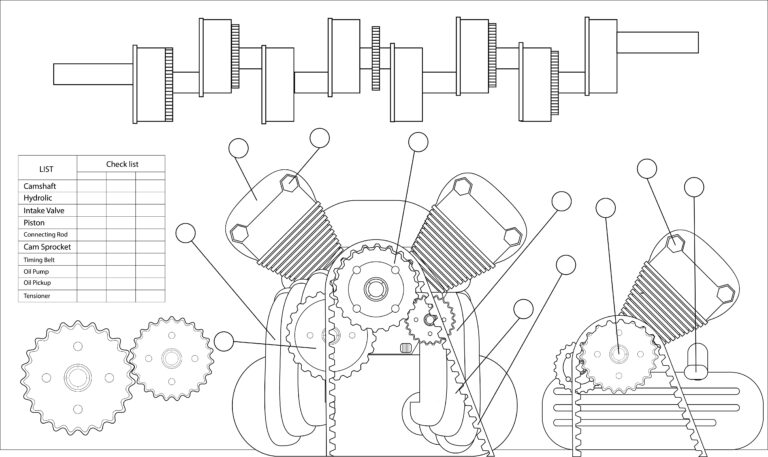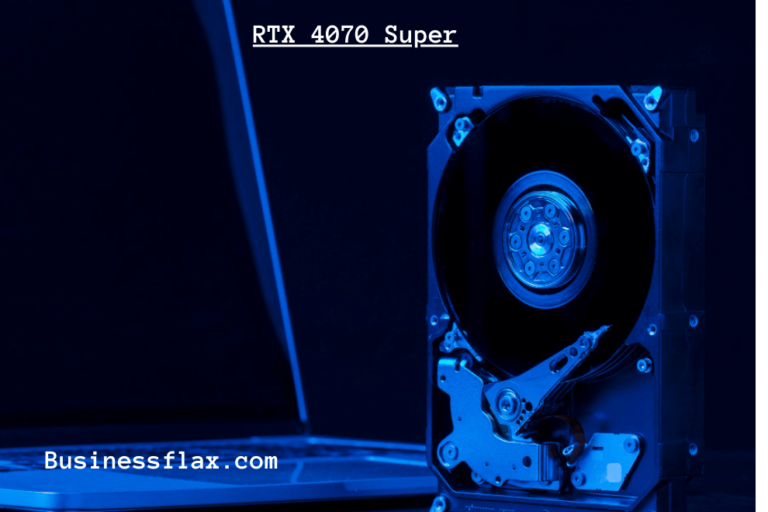How Robotics Process Automation Can Be Used in Healthcare Industry

In an era of unprecedented technological advancements, the healthcare industry is on the verge of a paradigm shift that will revolutionize patient care, administrative efficiency, and overall operational excellence. Robotics Process Automation (RPA) lies at the heart of this transformation, redefining how healthcare organizations navigate the complex landscape of modern medical practice.
The integration of RPA in the healthcare sector is a game-changing solution that offers a wide range of possibilities beyond traditional techniques. By utilizing software robots to automate repetitive, rule-based tasks, RPA is ushering in a new era for healthcare. Streamlined administrative workflows, enhanced patient experiences, and unmatched accuracy characterize this era. Consult with IT Support Detroit experts to leverage the power of robotic process automation technology.
This article delves into the myriad ways in which the benefits of RPA in healthcare is revolutionizing the healthcare sector, from enhancing patient care to optimizing administrative tasks.
What is RPA in Healthcare?
Robotic Process Automation (RPA) in the healthcare industry refers to the strategic implementation of software robots or intelligent bots to automate a diverse array of routine, rule-based, and administrative tasks across healthcare operations. These tasks encompass but are not limited to patient data entry, claims processing, appointment scheduling, billing, prescription management, and compliance adherence. By seamlessly integrating RPA into healthcare workflows, organizations can significantly enhance efficiency, accuracy, and productivity while mitigating the risk of human errors that can have critical implications on patient care and operational outcomes.
RPA streamlines complex processes, accelerates revenue cycles, and facilitates seamless patient experiences through rapid data retrieval and updates in electronic health records (EHR) systems. It supports telemedicine initiatives by automating virtual consultation appointment scheduling and follow-ups, monitoring patient data for critical deviations, and sending timely alerts to healthcare professionals. If you want to implement robotics process automation in healthcare, contact Managed IT Services Nashville professionals.
7 Application of RPA in Healthcare
1. Streamlining Administrative Tasks
Robotic process automation in the healthcare industry is a technology that can enhance the efficiency and accuracy of administrative tasks in the healthcare industry. By using RPA, healthcare organizations can automate repetitive and time-consuming tasks such as data entry, patient registration, appointment scheduling, and claims processing. These tasks often involve manual processes and human error, which can affect the quality of healthcare services and patient satisfaction. RPA can eliminate these errors and improve the speed and reliability of healthcare operations.
This allows healthcare professionals to focus more on providing quality patient care instead of being bogged down by administrative duties. Additionally, RPA can help reduce costs by minimizing the need for additional staff and optimizing resource allocation. Overall, the use of robotics process automation in the healthcare industry has the potential to revolutionize administrative processes and enhance overall productivity.
2. Enhanced Patient Onboarding
Robotics Process Automation (RPA) is revolutionizing the healthcare industry, and one area where it can bring significant benefits is patient onboarding. By automating the process of gathering and inputting patient information, RPA can streamline the registration process, reduce errors, and improve efficiency. With RPA, patients can enter their information online or at self-service kiosks, eliminating the need for manual data entry and reducing transcription errors.
This saves time for patients and staff and ensures that accurate and complete information is captured from the start. In addition, RPA can integrate with existing systems to validate insurance coverage, check for duplicate records, and even schedule appointments. Enhanced patient onboarding through RPA improves the patient experience while freeing up valuable resources for healthcare providers.
3. Improving Pharmacy Operations
Robotics Process Automation (RPA) can significantly improve pharmacy operations within the healthcare industry. By automating repetitive tasks such as medication dispensing, inventory management, and prescription processing, RPA can help reduce errors and increase efficiency. Automated systems can accurately count and label medications, ensuring patients receive the correct dosage and reducing the risk of human error.
Additionally, RPA can streamline the prescription filling process by automatically verifying insurance information, checking for drug interactions, and generating labels. This saves time and improves patient safety. Implementing RPA in pharmacy operations can lead to improved patient care and better resource allocation within healthcare facilities.
4. Claims Processing and Insurance
Robotic Process Automation (RPA) can significantly streamline claims processing and insurance functions within the healthcare industry. By automating repetitive and time-consuming tasks such as data entry, verification, and claims adjudication, RPA can help reduce errors, improve efficiency, and ultimately enhance the overall customer experience.
With RPA, healthcare organizations can automate the retrieval of patient information from various sources, validate claim details against established rules and regulations, and generate accurate payment calculations. Additionally, RPA can facilitate seamless communication between stakeholders involved in the claims process, such as insurers, providers, and patients. Thus, leveraging RPA technology in claims processing and insurance can lead to cost savings, faster turnaround times, and improved accuracy in the healthcare industry.
5. Patient Engagement and Follow-Up
Robotics Process Automation (RPA) can potentially transform various aspects of the healthcare industry, including patient engagement and follow-up. By automating repetitive and time-consuming tasks, RPA can free up healthcare professionals to focus on providing high-quality care to patients. For example, RPA can be used to send automated reminders for appointments, medication adherence, and preventive screenings, helping to improve patient engagement and ensure that patients receive timely and appropriate care.
Therefore, RPA can assist in follow-up activities such as sending post-visit surveys or conducting health assessments, allowing healthcare providers to gather valuable patient feedback and monitor patient progress. By leveraging RPA in patient engagement and follow-up processes, healthcare organizations can enhance efficiency, improve patient outcomes, and ultimately deliver better quality care.
6. Reporting and Analytics
Robotics Process Automation (RPA) can be utilized in the healthcare industry to streamline reporting and analytics processes. With the vast amount of data generated in healthcare settings, RPA can automate the collection, analysis, and presentation of this data, saving valuable time and resources. By implementing RPA in reporting and analytics, healthcare organizations can eliminate manual data entry, reduce errors, and generate real-time insights for informed decision-making.
RPA tools can also integrate with existing systems and databases, allowing seamless data integration and enhancing overall efficiency in healthcare operations. Using RPA in reporting and analytics can revolutionize how healthcare organizations handle data, leading to improved patient care outcomes and operational excellence.
7. Human Resources and Staff Management
Robotic process automation in the healthcare sector can offer many benefits, especially in human resources and staff management. By implementing RPA technology, healthcare organizations can automate administrative tasks such as employee onboarding, payroll processing, and performance evaluations. These tasks are often repetitive and time-consuming, and can take away staff members’ attention from more critical patient care responsibilities. RPA can streamline these processes, reduce errors, and improve efficiency and productivity.
Additionally, RPA can help ensure compliance with regulatory requirements by reducing errors and improving data accuracy. This technology enhances efficiency and improves employee satisfaction by removing mundane tasks from their workload. By embracing RPA in human resources and staff management, healthcare organizations can optimize their operations and provide better patient care.
Conclusion
Robotic Process Automation (RPA) has emerged as a game-changer in the healthcare industry, revolutionizing tasks. By utilizing the expertise of IT consultants and software robots to automate repetitive and rule-based tasks, healthcare organizations can significantly enhance their efficiency and reduce the risk of human errors. From streamlining administrative processes to improving patient care, RPA can transform various healthcare delivery aspects. As technology advances, healthcare providers must embrace RPA and explore its full potential. By doing so, they can stay ahead of the curve and deliver better patient and provider outcomes. The integration of RPA in the healthcare industry is an exciting development that promises to shape the future of healthcare delivery.






